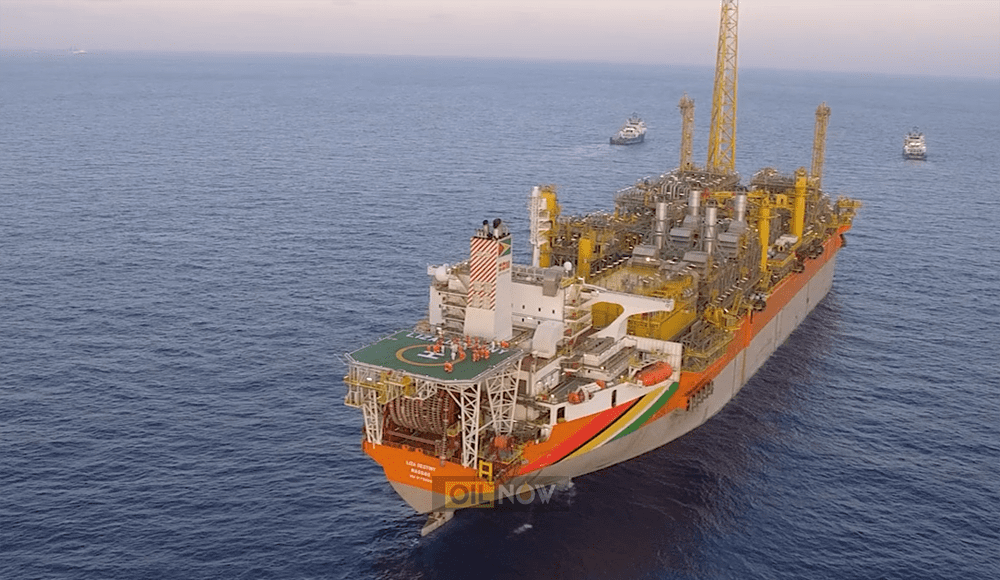Updated March 1, 2020
The South American country of Guyana, where US oil major ExxonMobil has so far found more than 8 billion barrels of oil equivalent, is set to elect a new government on Monday March 2, just months after the country’s first barrel of oil was produced. The next administration will be coming in at a time when a number of key initiatives, many of which are in various stages of planning, will have to be rapidly developed if Guyana is to be fully prepared for its emerging oil and gas industry and the management of sizeable revenue that will begin flowing to the state.
Former Energy Minister of Trinidad and Tobago, Kevin Ramnarine says whoever wins the March 2020 elections will have a momentous task of putting the right systems in place for the management of the oil and gas sector. He pointed out that the model being used by Guyana for its Natural Resources Fund (NRF), where revenues from the sector is first placed in the fund, a portion is then saved and another portion goes into the treasury, which, in turn, is spent on the development of other sectors, is commendable.
This is significantly different from what takes place in Trinidad, “where the money first comes into the consolidated fund and then what is left is saved,” he said.
While legislation has been passed to establish the NRF, the country’s finance minister, Winston Jordan, has said it is not expected that the fund will become operational until after the election. For now, revenues from oil production are being deposited in the Federal Reserve Bank of New York, Dr. Mark Bynoe, Director of the Department of Energy has said.
Ramnarine said a lot of work has to be done to organize the oil and gas sector of Guyana, including legislation that has to be put in place to set up entities such as the Petroleum Commission.
“One of the things that Guyana has to quickly address is the infrastructure to support this industry and by that I mean, things like shore bases and things like electricity and so on to support the shore bases have to come on board so it is going to be a very steep learning curve and it is going to be a lot of ramping up of capacity, but I think that the country has done well so far,” he further pointed out.
Looking past the election, Ramnarine said, “Whoever gets into power will have to move quickly to have legislation in place that is able to regulate the oil and gas sector as well as build the institutional capacity…”



